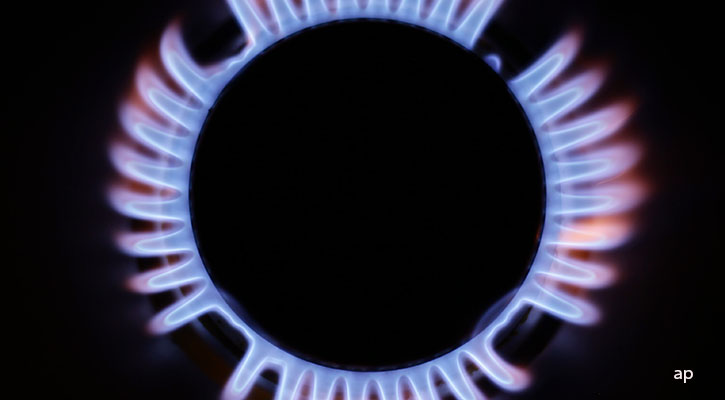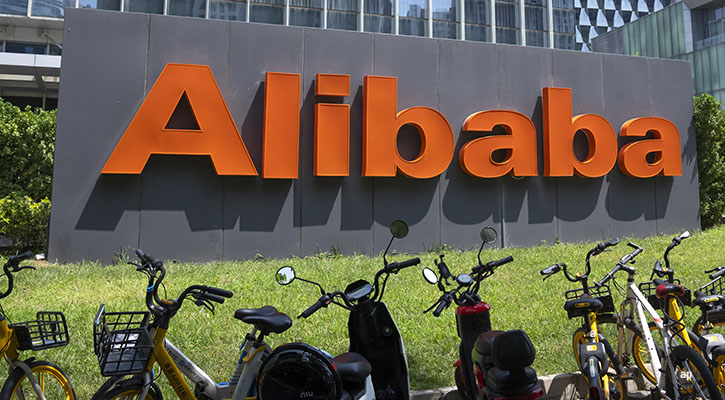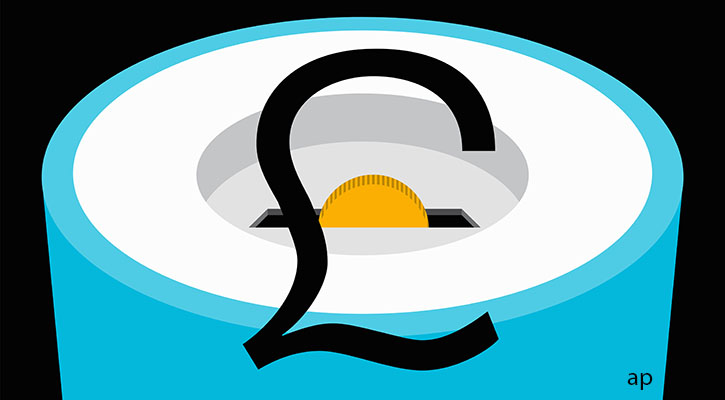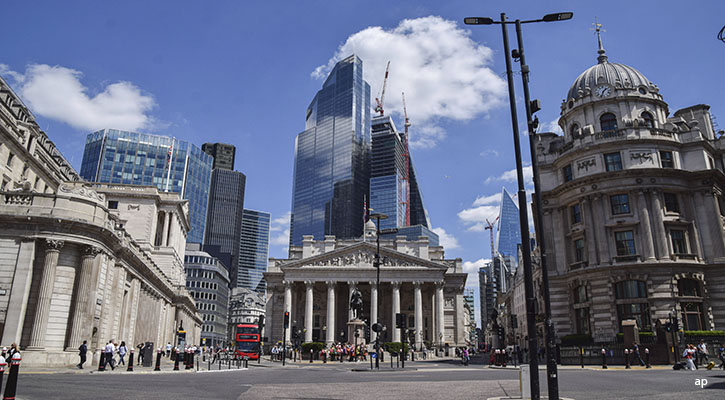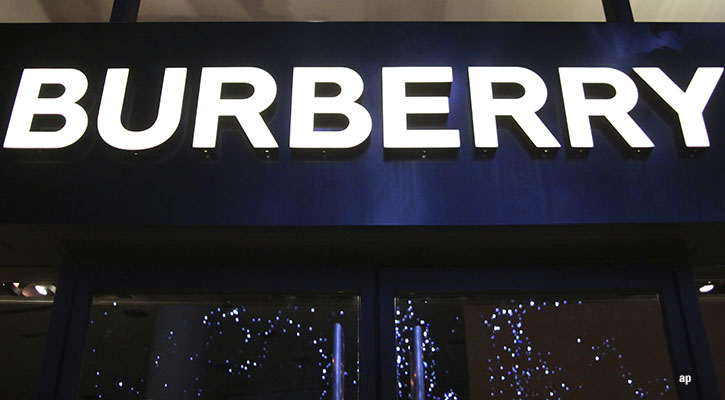(Alliance News) - The following is a summary of top news stories Tuesday.
----------
COMPANIES
----------
JD Sports Fashion confirmed that discussions with the administrators of Debenhams for a potential takeover of the on-the-brink UK department store chain has been terminated. JD Sports was the last remaining bidder for Debenhams, which has been in administration since April. Also on Tuesday, Debenhams confirmed that its administrators FRP Advisory has concluded the initial sale process as part of their assessment of options for the UK business in administration. The process did not lead to a deliverable proposal, and especially with the current trading environment and the likely prolonged effects of the Covid-19 pandemic, the administrators have decided to start a wind-down of Debenhams UK, while continuing to seek offers. Operations of the UK business will close if no alternative offers are received by the end of the wind-down process. On Saturday, the Times reported that JD was considering backing out of the offer, amid the collapse of Philip Green's Arcadia Group. Arcadia, which runs the Topshop, Dorothy Perkins and Burton fashion store brands, is the biggest holder of concessions within Debenhams department stores, the newspaper noted. Late Monday, Arcadia hired administrators from Deloitte after the pandemic "severely impacted" sales across its brands.
----------
Germany's BioNTech and its US partner Pfizer said they had applied for EU regulatory approval for their Covid-19 vaccine, raising hopes that the first jabs could be administered in December. The two companies said in a statement that they had submitted an application to the European Medicines Agency on Monday "for Conditional Marketing Authorisation" for their vaccine, after tests showed it was 95% effective against the novel coronavirus. If approved, the jab could potentially be rolled out "in Europe before the end of 2020", the statement said.
----------
Credit Suisse Group said it has chosen outgoing Lloyds Banking Group Chief Executive Antonio Horta-Osorio to be its new chair. Horta-Osorio will succeed Urs Rohner as chair of the Swiss bank's board of directors. Rohner became full-time chair in 2009 and will step down in 2021 once he has reached his statutory 12-year term. Credit Suisse will propose Horta-Osorio's election to shareholders at its April 30 annual general meeting. His departure from Lloyds after 10 years at the helm was announced in June. Lloyds on Tuesday said it has agreed for Horta-Osorio to depart the UK bank on April 30, so that he can take up the chair of Credit Suisse on May 1. Previously, he was intending to leave Lloyds by the end of June 2021. Lloyds has picked HSBC Holdings's Wealth & Personal Banking head, Charlie Nunn, as its next chief executive.
----------
AstraZeneca announced the sale of its rights to Crestor and associated medicines in 30 countries in Europe except for the UK and Spain to German pharmaceutical firm Grunenthal. Crestor is a statin, or lipid-lowering medicine, which is used to treat blood lipid disorders and prevent cardiovascular events, such as strokes and heart attacks. Crestor works by blocking an enzyme in the liver, causing it to make less cholesterol, and raises the uptake and breakdown by the liver of cholesterol. Grunenthal will make an upfront payment of USD320 million and may also make future contingent payments of up to USD30 million. The sale is expected to be completed in the first quarter of 2021, subject to regulatory approval. Astra will continue to manufacture and supply Crestor to Grunenthal during a transition period, and will also continue selling the medicine in other countries, including North America, Japan, China and other markets.
----------
MARKETS
----------
London's FTSE 100 got off to a flying start to December, bolstered by strong Chinese manufacturing data overnight and the UK's own manufacturing print for November showing an improvement on the month before as well. Wall Street is also on course for a good start, with the Dow Jones pointed up 1.1%, S&P 500 up 1.0% and the Nasdaq up 0.8%.
----------
FTSE 100: up 1.9% at 6,382.49
FTSE 250: up 1.0% at 19,524.69
AIM ALL-SHARE: up 1.0% at 1,061.39
GBP: firm at USD1.3349 (USD1.3343)
EUR: higher at USD1.1971 (USD1.1948)
GOLD: higher at USD1,797.70 per ounce (USD1,772.60)
OIL (Brent): higher at USD47.91 a barrel (USD47.75)
(changes since previous London equities close)
----------
ECONOMICS AND GENERAL
----------
The UK manufacturing sector went from strength to strength in November, IHS Markit data showed, with businesses gearing up to the Brexit transition period's year-end deadline. The IHS Markit/Chartered Institute of Procurement & Supply purchasing managers' index rose to a near three-year high of 55.6 points in November, up from 53.7 in October. Any reading above the no-change mark of 50 indicates expansion, and the PMI has now signalled growth for six successive months. Manufacturing production increased again in November, said IHS Markit, though the downturn in the consumer good sector continued with decreases in both production and new business. Manufacturers saw higher inflows of new work from overseas, in part boosted by EU clients bringing forward purchases before the Brexit transition period ends on December 31. "The upcoming end to the Brexit transition period also affected the trends in purchasing, stocks and supplier lead times. Input buying volumes increased to the greatest extent since March 2019, mainly to achieve the steepest growth in stocks of purchases for over a year," said IHS Markit.
----------
The global economy may get back to pre-pandemic levels by the end of next year as vaccines help propel recovery, but growth is likely to be uneven, the OECD said. Signs that vaccines could now be weeks away from distribution have injected cautious optimism as the year limps to a close with Covid-19 having claimed some 1.4 million lives. "For the first time since the pandemic began, there is now hope for a brighter future," OECD Chief Economist Laurence Boone wrote in her introduction to the organisation's latest review of the global economic outlook. "Progress with vaccines and treatment have lifted expectations and uncertainty has receded," she said, acknowledging that virus containment measures would likely be necessary for some months to come. "The road ahead is brighter but challenging," Boone added. The Organisation for Economic Co-operation and Development now sees world output dropping by 4.2% this year thanks to the months-long lockdowns that slowed the spread of the coronavirus but threw a wrench into the global economy.
----------
The eurozone manufacturing sector in November expanded slightly faster than initially thought, data on Tuesday showed, though the recovery still slowed from the month before. The final eurozone manufacturing purchasing managers' index came in at 53.8 for November, above the flash reading of 53.6 but below October's 54.8. Any reading above 50 indicates expansion, meaning the eurozone manufacturing sector grew in November, though at a slightly slower rate than October. Top of the pack was Germany with a manufacturing PMI of 57.8, though this did mark a two-month low. The Netherlands, meanwhile, posted a near two-year high of 54.4. Italy posted a five-month low of 51.5, from 53.8 in October, and Spain was also at five-month low, at 49.8, versus 52.5 the month before. Also slipping into contraction territory in November with a sub-50 score was France, with a PMI of 49.6 for November - though this did mark an improvement on the 49.1 flash reading - which was down from 51.3 in October.
----------
Eurozone deflation is expected to remain steady in November, according to preliminary figures. Eurostat said consumer prices are expected to fall 0.3% year-on-year in November, matching October's outturn. This will mark the fourth consecutive month of annual deflation for the bloc. Energy prices were down 8.4% annually in November, deeper than the 8.2% fall registered for October, while alcohol, food & tobacco prices rose 1.9%, a touch slower than 2.0% the month before. Month-on-month, prices also fell 0.3% in November.
----------
Chinese manufacturers signalled the strongest improvement in operating conditions for a decade in November, as growth of both output and new orders accelerated to ten-year highs, IHS Markit reported on Tuesday. The Caixin China headline seasonally adjusted purchasing managers' index increased to 54.9 in November from 53.6 in October, to signal the sharpest improvement in conditions since November 2010 and well clear of the neutral mark of 50. Firms frequently attributed the increase to greater new order volumes, IHS Markit said, as well as a further recovery from the Covid-19 related disruptions seen earlier in the year. Underlying data suggested that the upturn continued to be led by firmer domestic demand, as growth in new export work was not as marked as that seen for total new orders.
----------
Copyright 2020 Alliance News Limited. All Rights Reserved.














